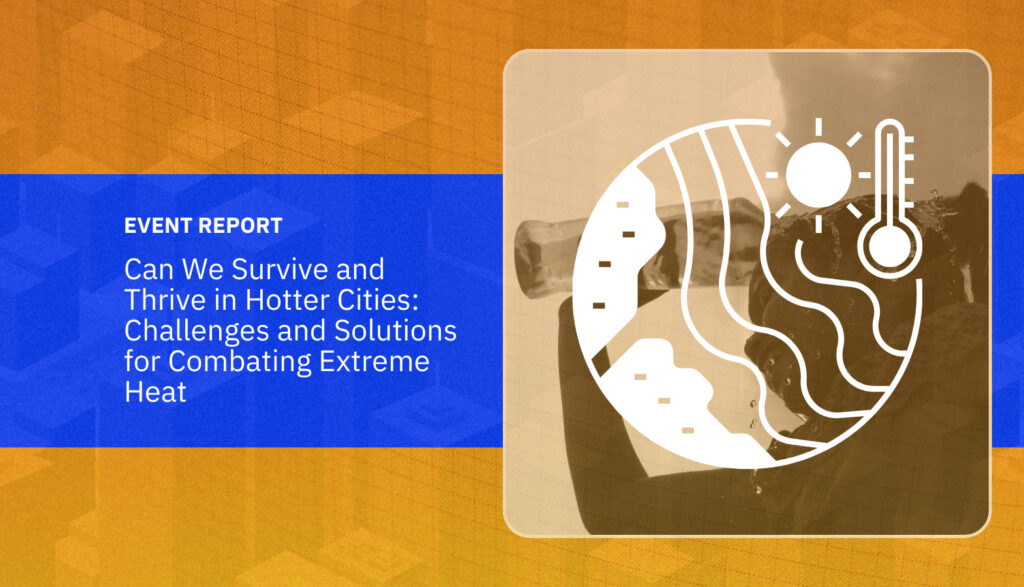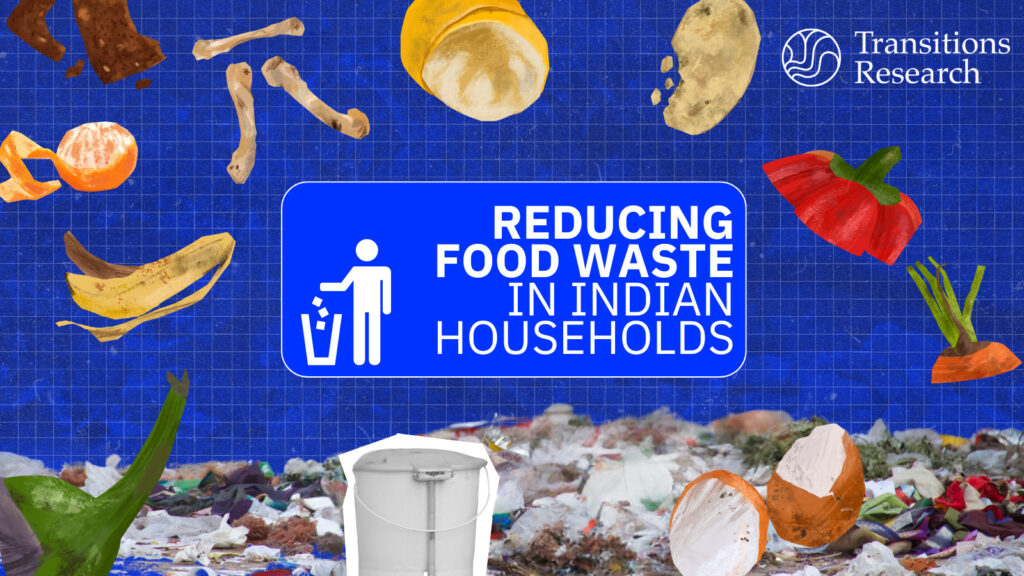Success in Climate Research and Organizational Leadership: Advice from Dr. Aditya Bahadur, Director of the Red Cross Red Crescent Climate Centre
In this episode, our host Shantha Venugopal engages in a conversation with the director of the Red Cross Red Crescent Climate Centre, Aditya Bahadur, tracing his journey from being a literature student in college to becoming one of the foremost experts on climate adaptation today. He talks about how he developed his skills as a researcher, a thought leader and an organizational head, and what makes working in the climate space worth all the hard work.










